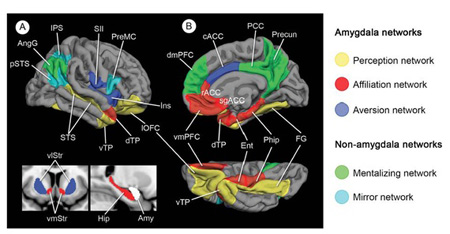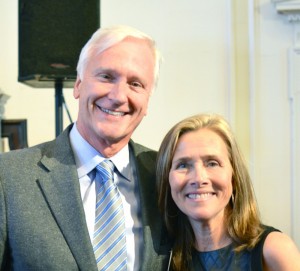High-profile schemes to defraud the elderly of their lifetime savings have headlined top newspapers and tabloids alike. There was Brooke Astor, whose son and attorney were convicted of criminal fraud, Anna Nicole Smith and the fight over J. Edgar Marshall’s inheritance, and Huguette Clark, a multi-billionaire who lived for years in a hospital and whose death prompted a criminal investigation into her donations and inheritance. Unfortunately, these notorious cases are merely the tip of a vast and growing iceberg of financial fraud against the elderly. In 2011, Metlife Mature Market Institute estimated an annual loss of $2.9 billion in fraud against elders. Recent surveys indicate that more than 7.3 million Americans over 65 have been victims of financial fraud. As crime rates — and vulnerable populations — increase, the scientific and legal communities must pool our ever-increasing knowledge and resources to protect elderly family members.
Read the full article on the Huffington Post, published February 21, 2014. By Bruce H. Price, MD and Ekaterina Pivovarova, PhD. Written with Judith G. Edersheim, JD, MD.
For further resources on elder fraud and decision making, see the reference materials from our December 2013 event Capacity, Decision-Making and the Elderly: Brain Science Meets the Law, and follow-up article in the Boston Globe “Scammers take aim at aging population,” by event moderator and Globe reporter Kay Lazar.





